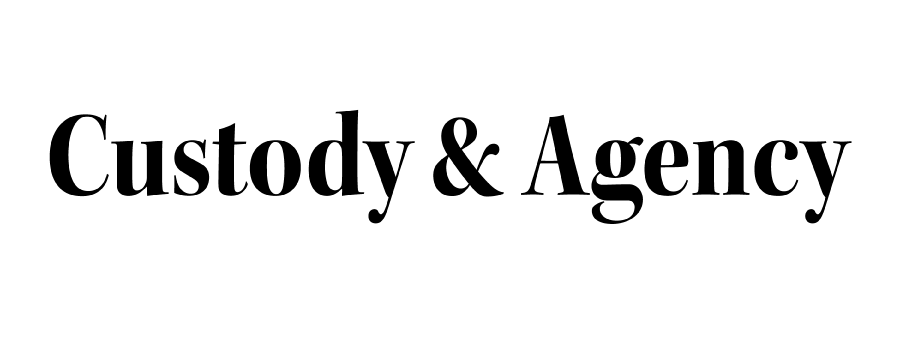In today’s fast-paced world, managing appointments efficiently is a cornerstone for many businesses. Scheduler apps for websites have become invaluable tools, simplifying the process of booking appointments, managing calendars, and enhancing customer experience.
Let’s delve into some of the most popular scheduler apps, exploring their strengths and weaknesses to help you find the best fit for your business needs.
1. Calendly
Strengths: Calendly has emerged as a go-to scheduler tool with its intuitive interface and seamless integrations. Its user-friendly platform allows effortless scheduling by enabling users to set availability preferences and share personalized booking links. Moreover, it syncs effortlessly with various calendar platforms and supports group scheduling.
Weaknesses: While Calendly’s free version offers essential features, its advanced functionalities, such as team scheduling and more customization options, are available with premium plans, which might not suit budget-conscious users.
2. Acuity Scheduling
Strengths: Acuity Scheduling stands out with its robust feature set, catering to diverse industries. It offers customizable intake forms, payment processing, class scheduling, and comprehensive calendar management. The platform’s flexibility makes it suitable for various businesses, from spas to fitness centers, offering an all-in-one solution.
Weaknesses: While its extensive features are beneficial, Acuity Scheduling might overwhelm beginners or smaller businesses, and the pricing structure, though feature-rich, might be higher compared to simpler solutions.
3. Booker
Strengths: Booker integrates booking, point-of-sale, and customer management tools into a single platform. Tailored for service-based businesses like spas and salons, it streamlines operations by offering robust scheduling capabilities along with payment processing and customer data management.
Weaknesses: Despite its comprehensive features, Booker’s complexity might be daunting for businesses seeking simpler scheduling solutions. Additionally, its suitability primarily for service industries might limit its appeal to other business types.
4. Setmore
Strengths: Setmore caters to small businesses and entrepreneurs with its easy-to-use interface and essential scheduling features. It allows customization, integrates with various platforms, and provides a free version that covers basic needs, making it an accessible option for startups.
Weaknesses: While Setmore serves small businesses well, its free version might lack advanced features needed for scaling businesses, potentially requiring users to upgrade to paid plans.
5. Square Appointments
Strengths: Square Appointments offers an all-in-one scheduling and payment processing solution. It seamlessly integrates with Square’s ecosystem, making it ideal for businesses using Square for payments. It simplifies booking, payment collection, and customer management.
Weaknesses: However, its dependency on the Square ecosystem might limit its appeal to businesses using different payment processors, and its pricing structure may not be as cost-effective for smaller businesses.
Choosing the right scheduler app for your website depends on your business’s specific needs. While these apps offer varied functionalities, it’s essential to weigh their strengths and weaknesses against your business requirements to make an informed decision. Whether you prioritize ease of use, advanced features, or industry-specific functionalities, exploring these scheduler apps will undoubtedly streamline your appointment scheduling process and enhance customer satisfaction.

